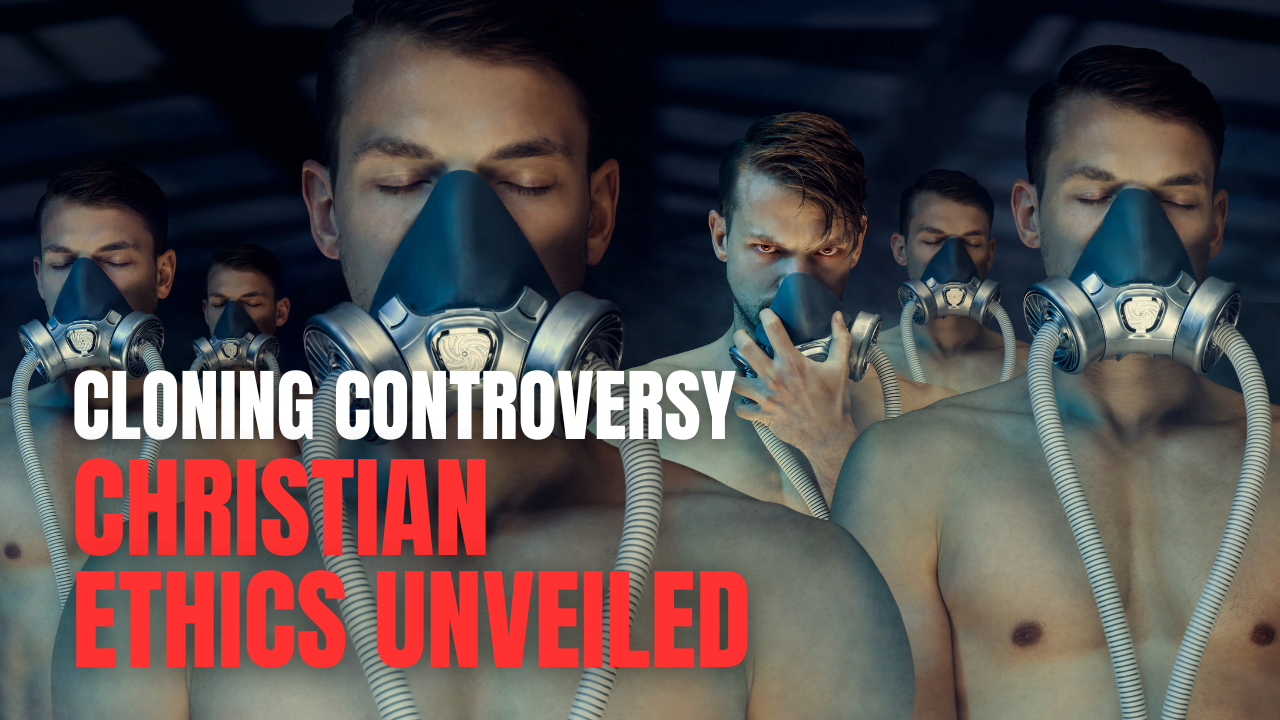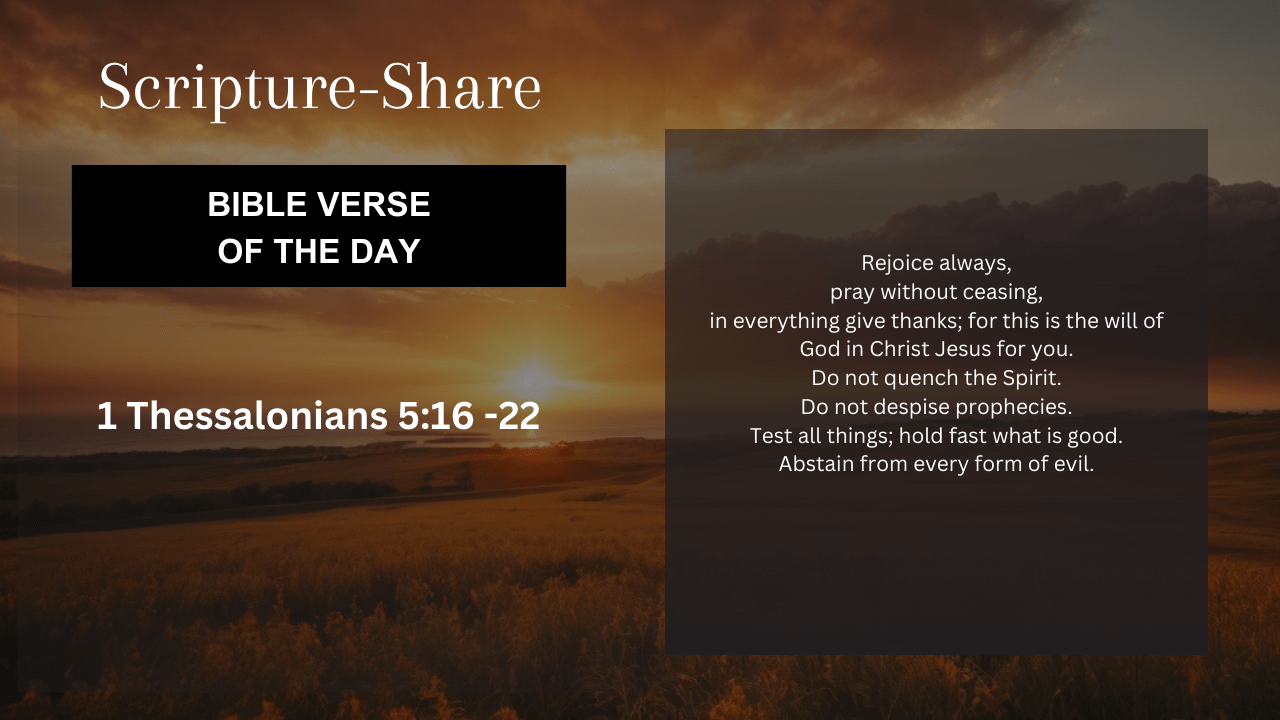No products in the cart.
Harmony and Tension: Navigating Christian Ethics in the Abortion Debate
This post contains affiliate links.
In the tapestry of ethical considerations surrounding abortion, Christian viewpoints play a pivotal role in shaping the discourse. As a person of faith, I find myself immersed in the complexities of this controversial topic, seeking to reconcile deeply held beliefs with the nuanced realities of human existence.
The Christian stance on the sanctity of life, grounded in biblical teachings, weaves a moral fabric that both guides and challenges believers when grappling with the question of abortion.
The foundational principle in understanding Christian perspectives on abortion lies in the belief that human life is sacred and created in the image of God. This sanctity of life is emphasized in various passages throughout the Bible, serving as a compass for ethical reflection.
Genesis 1:27 declares, “So God created mankind in his image, in the image of God he created them; male and female he created them.” This foundational concept underscores the intrinsic value and dignity of every human being, forming the basis for Christian ethical considerations on abortion.
Yet, even within the Christian community, interpretations of the sanctity of life and its implications for abortion vary. While some adherents staunchly oppose abortion under any circumstances, others adopt a more nuanced perspective that acknowledges the complexities of individual situations.
The tension between upholding the sanctity of life and addressing the realities of human suffering and moral dilemmas poses a formidable challenge for those seeking to navigate the ethical landscape of abortion within a Christian framework.
One key element of Christian ethical considerations on abortion is the recognition of moral agency and free will. The Bible speaks to the concept of choice in Deuteronomy 30:19, stating, “I have set before you life and death, blessings and curses.
Now choose life so that you and your children may live.” This passage suggests that individuals can make choices, and the call to “choose life” resonates deeply within the Christian ethical framework.
However, the complexity arises when grappling with the circumstances that lead individuals to consider abortion. Christian ethics encourages compassion and understanding, recognizing the brokenness of the world and the imperfect conditions under which decisions are made.
The Christian response to abortion, then, extends beyond condemnation to encompass a posture of empathy, seeking to understand the underlying factors that contribute to difficult choices.
At the heart of Christian ethics is the commandment to love one’s neighbor as oneself (Matthew 22:39). This mandate compels believers to engage with individuals facing unplanned pregnancies with grace, offering support rather than judgment. The Christian response to abortion involves not only upholding the sanctity of life but also embodying the love and mercy modeled by Jesus Christ.
In examining Christian perspectives on abortion, it is crucial to acknowledge the diversity of theological interpretations within the broader Christian community. While some denominations and believers adhere to a strict pro-life stance, others adopt a more permissive view, recognizing the complexities of human experience.
This diversity reflects the tension between theological principles and the lived realities of individuals, prompting an ongoing dialogue within the Christian community about how to navigate the ethical nuances of abortion.
The Gospel of Luke presents an episode where Jesus encounters a sinful woman. Instead of condemnation, he responds with compassion and forgiveness (Luke 7:36-50). This narrative serves as a poignant reminder of the Christian call to extend grace and understanding to those facing moral dilemmas, including the decision of abortion.
It challenges believers to emulate Christ’s compassion, recognizing that the journey of faith involves navigating the complexities of human experience with humility and empathy.
As Christians grapple with the ethics of abortion, the role of community and support cannot be overstated. The New Testament emphasizes the importance of bearing one another’s burdens (Galatians 6:2) and providing a community where individuals can find solace and guidance.
Creating spaces within the church for open and compassionate dialogue allows believers to share their struggles, seek wisdom, and find support as they navigate the ethical dimensions of abortion.
Moreover, Christian engagement with the issue of abortion extends beyond individual perspectives to broader advocacy for a culture of life. This involves addressing the root causes that contribute to unplanned pregnancies and creating social structures that support families in crisis.
The Christian call to justice and compassion compels believers to work toward a society where the sanctity of life is upheld in rhetoric and tangible support and care extended to those in need.
My final thoughts: as a person of faith navigating the depths of abortion ethics, I find myself wrestling with the tension between upholding the sanctity of life and extending compassion to those facing difficult choices.
The Christian perspective on abortion, rooted in the belief that every human life is sacred and created in the image of God, provides a moral foundation for ethical reflection. However, the complexities of human experience demand a nuanced and compassionate approach that acknowledges the inherent dignity of individuals facing unplanned pregnancies.
As I reflect on the diverse interpretations within the Christian community and the call to love one’s neighbor as oneself, I am prompted to consider how my faith informs not only my stance on abortion but also my posture toward those who find themselves in this challenging decision.
How can I, as a person of faith, embody the love and compassion exemplified by Jesus Christ in the face of the complexities surrounding abortion? In this ongoing journey of ethical reflection, the question remains: How can Christians authentically uphold the sanctity of life while extending grace and understanding to those navigating the challenging terrain of abortion?
This post contains affiliate links.











